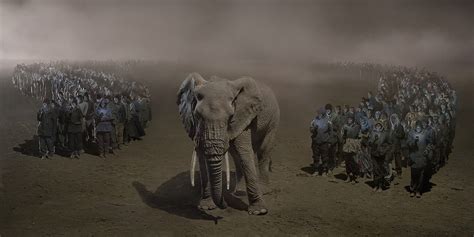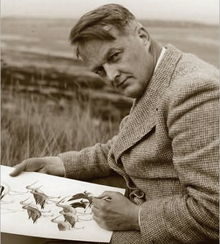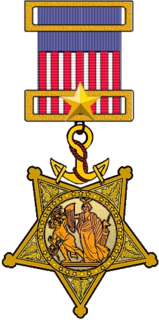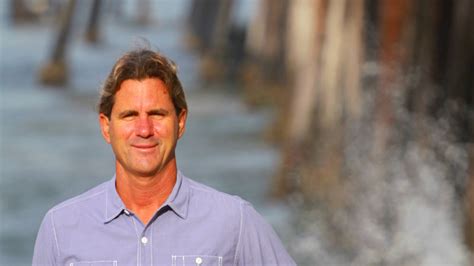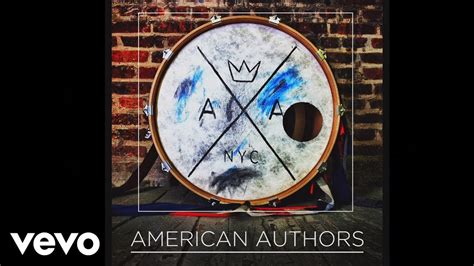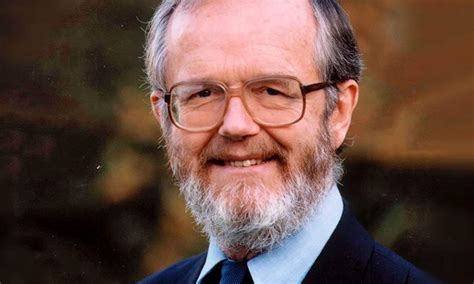Цитата Пола Уотсона
Морепродукты — это просто социально приемлемая форма мяса диких животных. Мы осуждаем африканцев за охоту на обезьян, млекопитающих и птиц из джунглей, но развитые страны ничего не думают о том, чтобы ловить себе в пищу великолепных диких существ, таких как рыба-меч, тунец, палтус, акула и лосось. Дело в том, что глобальная резня морской фауны — это просто крупнейшая бойня дикой природы на планете.
Темы цитат
Связанные цитаты
Немногие фотографы когда-либо считали фотографию диких животных, явно противоположную жанру фотографии дикой природы, формой искусства. Акцент обычно делался на запечатлении драмы диких животных В ДЕЙСТВИИ, на запечатлении этого драматического единственного момента, а не просто на животных в состоянии бытия.
Экологи и светские гуманисты настаивают на том, что человечество уничтожит планету. Корпоративные капиталисты и многие религиозные фундаменталисты не уважают дикую природу и дикую природу. В конечном счете, эта дуалистическая битва основана на ложных предпосылках. На самом деле, эта планета более могущественна, чем человеческий вид.
По поводу пассажа на с. 163 «Кратков»: Существа, которых, по словам Бахауллы, можно найти на каждой планете, нельзя считать обязательно подобными или отличными от людей на этой земле. Бахаулла конкретно не указывает, похожи ли такие существа на нас или непохожи на нас. Он просто ссылается на тот факт, что существа есть на каждой планете. Науке остается однажды открыть точную природу этих существ.
В большей части мира у нас есть лишь небольшие остатки когда-то существовавшей дикой природы. В Африке до сих пор самая удивительная дикая природа. Сейчас Африка модернизируется. В следующие двадцать лет Африка будет экономически модернизироваться, и произойдет одно из двух. Либо Африка будет такой же, как и весь остальной мир, и это попрощается с дикой природой. Или мы можем учиться на ошибках, сделанных в остальном мире.
Восемьдесят два процента видов птиц Австралии и две трети видов млекопитающих Австралии обитают в наших заповедниках (Австралийская служба охраны дикой природы). Мы отправляем команды людей на передовую в битве с дикими животными, лесными пожарами и ядовитыми сорняками. Наука лежит в основе всего, что мы делаем.
Сами того не подозревая, мы каждый день используем сотни продуктов, которые обязаны своим происхождением диким животным и растениям. Действительно, наше благополучие тесно связано с благополучием дикой природы. Вполне возможно, что защитники природы заявляют, что, спасая жизни диких видов, мы, возможно, спасаем и свои собственные.





